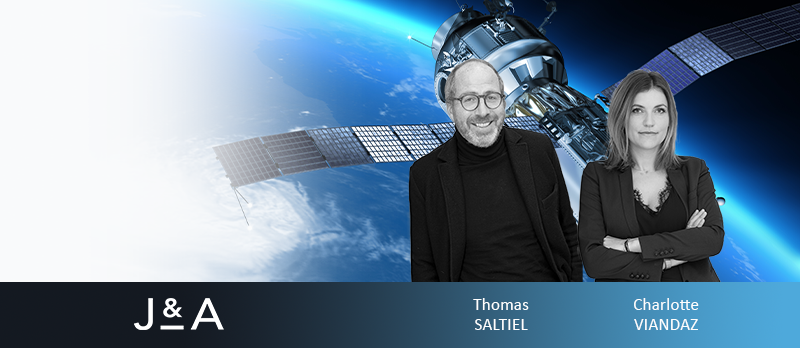Medical imaging AI company brings total investment to $10 million and targets global growth
Marseille, FRANCE – February 8, 2023 – Medical imaging AI specialist Avicenna.AI today announced it has secured a Series A funding round, bringing aggregated investment in the company close to $10 million. The round was backed by existing investors Innovacom and CEMAG Invest.
The new funds will be used to scale up deployment of Avicenna.AI’s solutions across the world and to diversify the company’s offering into new areas of medicine.
“Last year was pivotal for Avicenna.AI, with huge growth in the deployment of our solutions around the world, and very positive feedback from our partners and users alike,” said Cyril Di Grandi, co-founder, and CEO of Avicenna.AI. “We have created the conditions to accelerate the extension of our portfolio within our emergency suite but also outside our initial scope. We have finally obtained the first patents that will allow us to consolidate our position as a leader in the field with a disruptive approach to the use of deep learning in therapeutic decision-making. This new investment reflects the continued confidence of our investors and signifies our readiness to become a dominant force in healthcare AI.”
Avicenna.AI provides healthcare AI solutions that use deep learning to identify, detect and quantify life-threatening pathologies from CT medical images. Using a combination of deep learning and machine learning technologies, the company’s solutions automatically detect and prioritize emergency cases within seconds, and assess them for severity, before seamlessly alerting radiologists.
Avicenna.AI’s unique business model is based on an asset-light, R&D powerhouse expertise, generating rapid business growth potential through already signed commercial partnerships with leading market actors in the US, Europe and Asia.
In a successful year for the company, 2022 saw Avicenna’s AI solutions rolled out to more than 140 hospitals in 14 countries across three continents. The company is now ready to scale up in 2023, and expects to deploy at least 30 new sites every month this year.
In parallel, Avicenna’s R&D efforts will add to the four FDA and six CE mark approvals already awarded to its products. The company’s FDA-cleared and CE-Marked tools for neurovascular and thoraco-abdominal pathologies are seamlessly integrated within the clinical workflow, automatically triggering and reporting algorithm results through the systems already used by radiologists.
About Innovacom
Innovacom is a pioneer in innovation capital in France. Since 1988, it has invested nearly €1 billion, supported more than 300 digital and high-tech startups, participated in more than 20 IPOs and completed more than 150 industrial divestments.
The team, which benefits from a long experience in high-tech, has contributed to several recent successes in multiple sectors (telco, healthcare, mobilityì, energy…) and has a solid track-record including unicorns like Heptagon or Soitec.
Today, Innovacom supports innovative industrial projects and high-potential disruptive technologies by providing financing, advice and support. Its association with the Turenne Group has givenì birth to one of the leading independent private equity firms in France with a platform of €1.5 billion under management. With offices in Paris and Marseille, Innovacom Gestion is licensed by the Autorité des Marchés Financiers.
About Cemag Invest
Cemag Invest is a family office dedicated to healthcare and technology, with a focus on adding value to patients. Cemag Invest has notably invested in Wandercraft, Diabeloop, and alongside innovacom in Aryballe Technologies.





